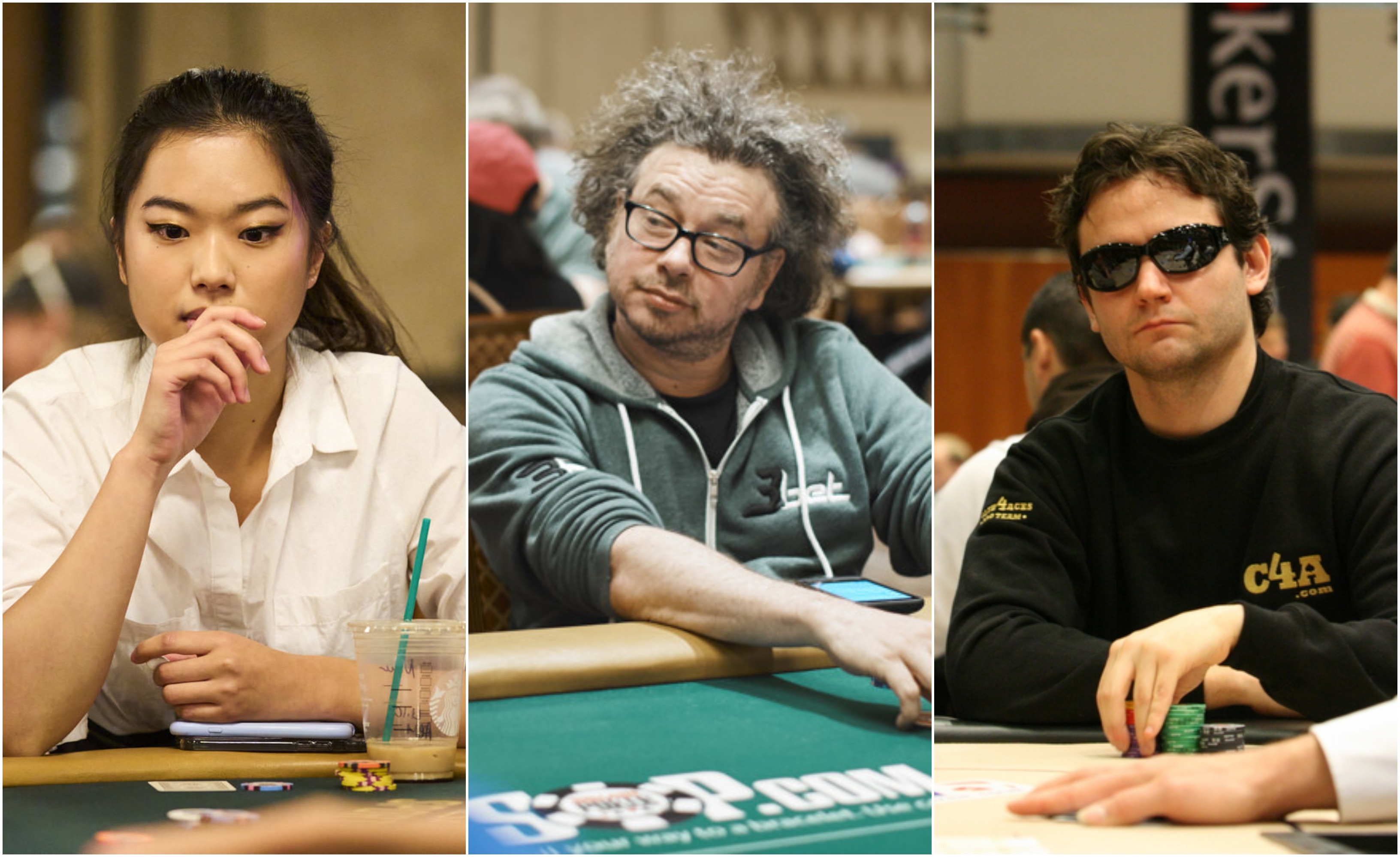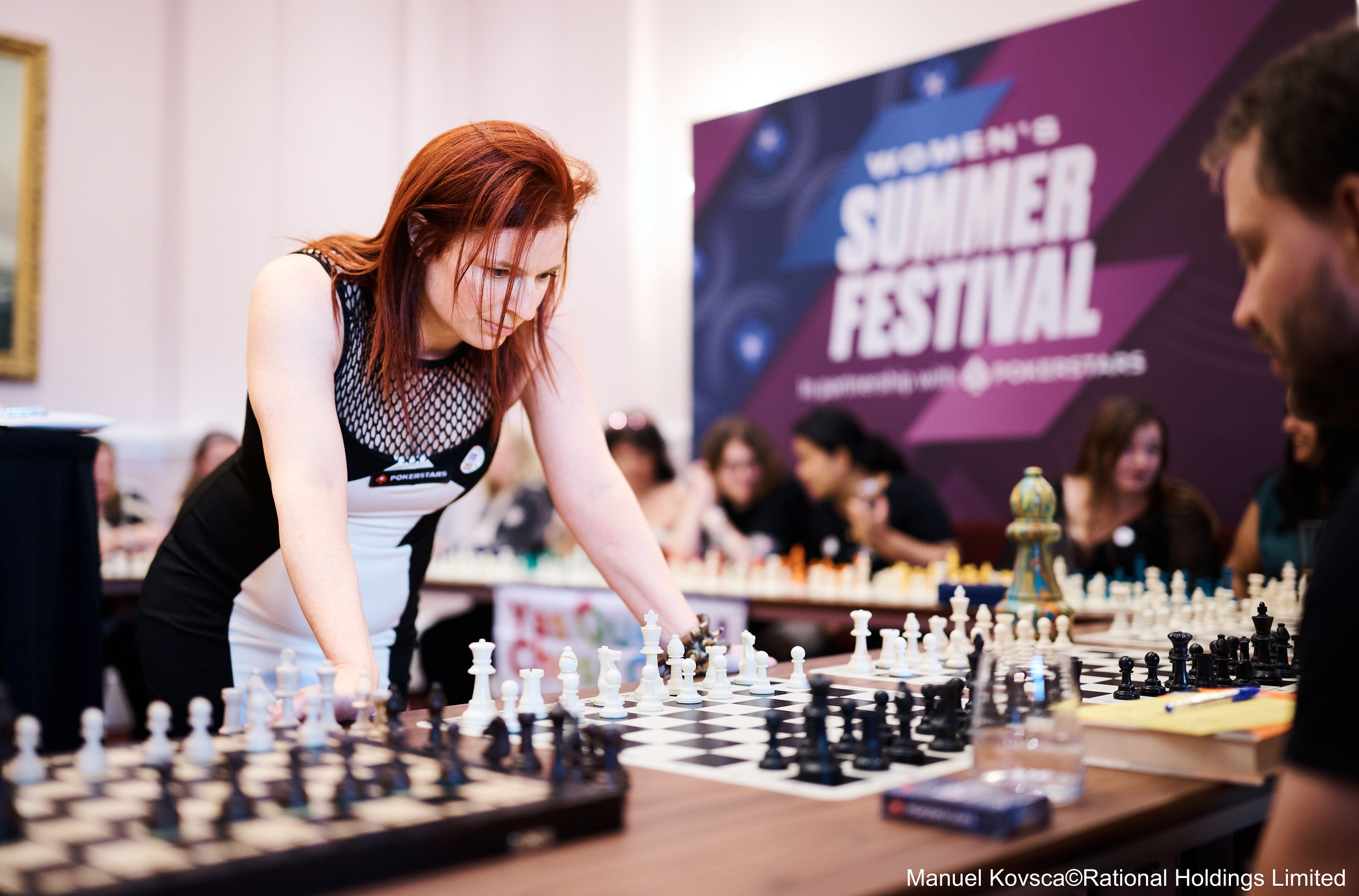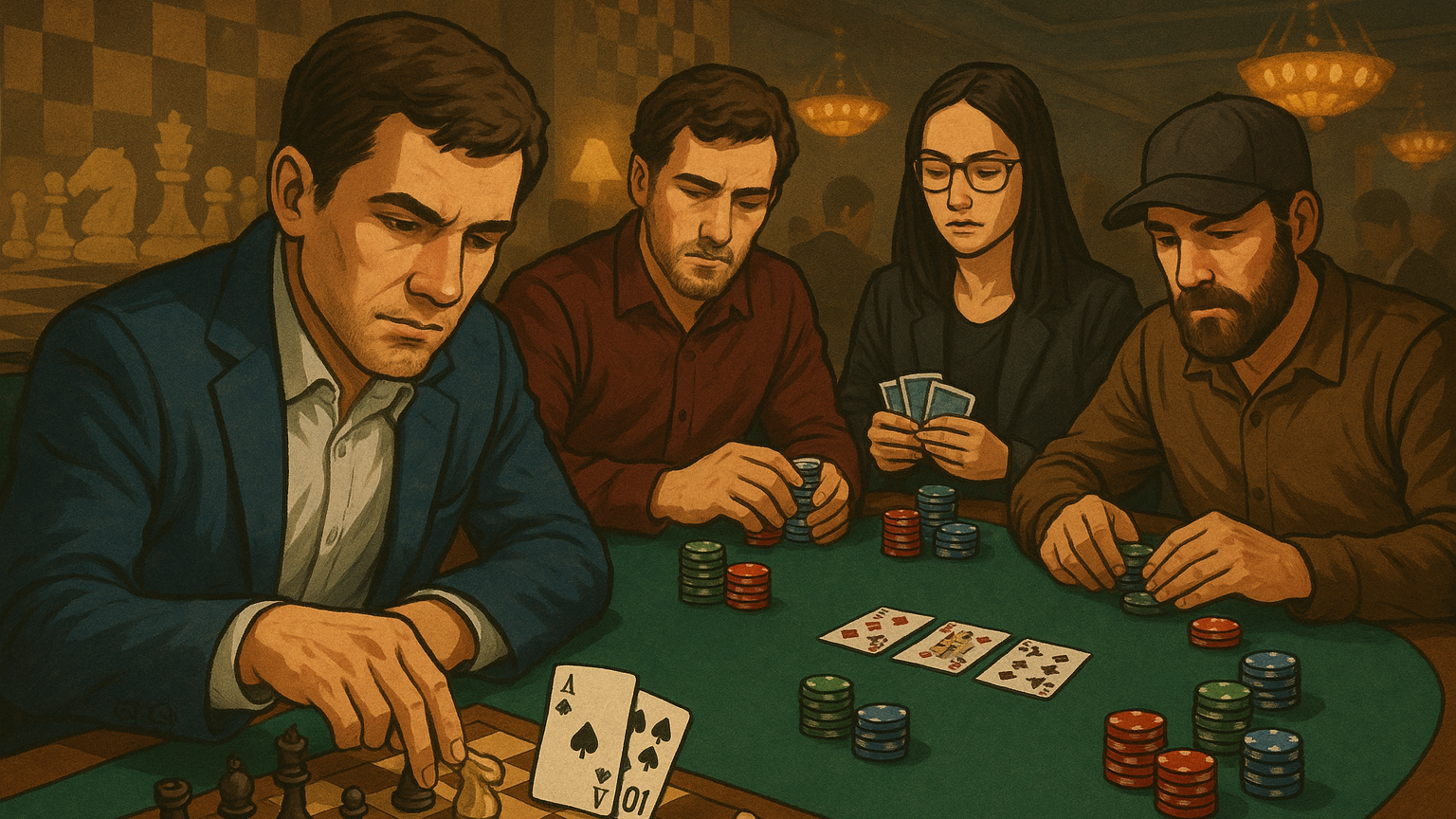It's not by chance. Both games are about strategy, focus, and anticipating your opponent's moves. Chess players are used to thinking several moves ahead, analyzing positions, and exploiting the opponent’s mistakes. These exact skills make a good poker player exceptional. It’s no surprise that many chess grandmasters find in poker a new realm where they can transform their skills into not only victories but also a decent stack of cash. So why is poker so appealing to chess players? And what do they bring from the chessboard to the poker table?
Chess and poker are both mental games where luck or mechanical repetition of learned moves won’t suffice. They require a blend of strategy, planning, and sound decision-making under pressure. In chess, a player faces a perfectly visible opponent and seeks the best possible move in an open position. Poker, however, is shrouded in mystery, the cards are hidden, but the principle remains the same: evaluate the situation and predict the opponent's next move. It’s these similarities that have led more and more chess players to poker in recent years. Some started playing for fun, others see it as a new competitive arena with attractive rewards, yet all share the same desire: to think, analyze, and win.

Mental Muscle-Up: Skills Chess Players Bring to the Poker Table
While chess and poker may look different, beneath the surface, they share more than you might think. Both games require exceptional analytical thinking and the ability to plan several moves ahead. Chess players are accustomed to evaluating positions and seeking the most advantageous move. This principle also applies to poker, where one must constantly analyze the table situation and adapt to new information.
An important skill is recognizing patterns, whether it's recurring strategies in a chess match or the way an opponent plays certain card combinations. Experienced chess players often have great memories, allowing them to observe and remember other players' behaviors, giving them an advantage. Additionally, chess has taught them discipline, which translates into poker regarding bankroll management—the ability to handle finances wisely, avoid reckless play, and make rational decisions. This mix of mental strength, patience, and a cool head makes chess players formidable poker opponents.
Chess Players Who’ve Shined at the Poker Table
The transition from the chessboard to poker chips is not just theoretical. There are actual players who have made this journey and excelled in both worlds. One of the most well-known is Qiyu "Nemo" Zhou, a Canadian female grandmaster introduced to poker through an unusual exchange—chess lessons for poker coaching from the legendary Fedor Holz. It didn’t take long for Nemo to start appearing in prestigious tournaments, showcasing the same self-discipline and analytical prowess she possessed in chess.

Among the historically most successful is Ylon Schwartz, a former chess master from New York, renowned for finishing fourth in the WSOP Main Event in 2008 and later winning a gold bracelet, the poker equivalent of a grandmaster title.
Let’s not forget Jeff Sarwer, who amazed the world with his chess talent as a child and later made a name for himself on the European Poker Tour (EPT), earning respect as an exceptionally intelligent and unreadable opponent.
Another prominent figure is Magnus Carlsen, a name chess fans need no introduction to. The five-time world chess champion occasionally ventures into WSOP or EPT, where, although he has yet to claim trophies, his presence confirms that even the world’s greatest chess mind has a soft spot for poker. Another game where the mind rules.
And then there’s Jennifer Shahade, a two-time U.S. chess champion, who besides playing, writes books and promotes chess and poker among women, serving as a poker ambassador. She has applied her intellect not only at the table but also in books like "Chess Bitch" or "Thinking Sideways," where she connects the worlds of games and life.

Two Games, One Mindset
Whether it’s grandmasters becoming stars at poker tables or thousands of amateurs transitioning from chess to poker, one thing is clear. There is a strong connection between these two games. Chess players find in poker new challenges, new forms of competition, and importantly, a space for self-expression beyond the traditional confines of chess hierarchy.
But this relationship is not one-way. In the second part of the series, we’ll explore the opposite direction—how chess has shaped and influenced modern poker. From analytical approaches to the game to the impact of chess thinking, and why "chess thinking" is becoming a secret weapon for many successful poker players. Stay with us as the most intriguing parallels are yet to come.
Sources - flickr, thehendonmob, pokernews




